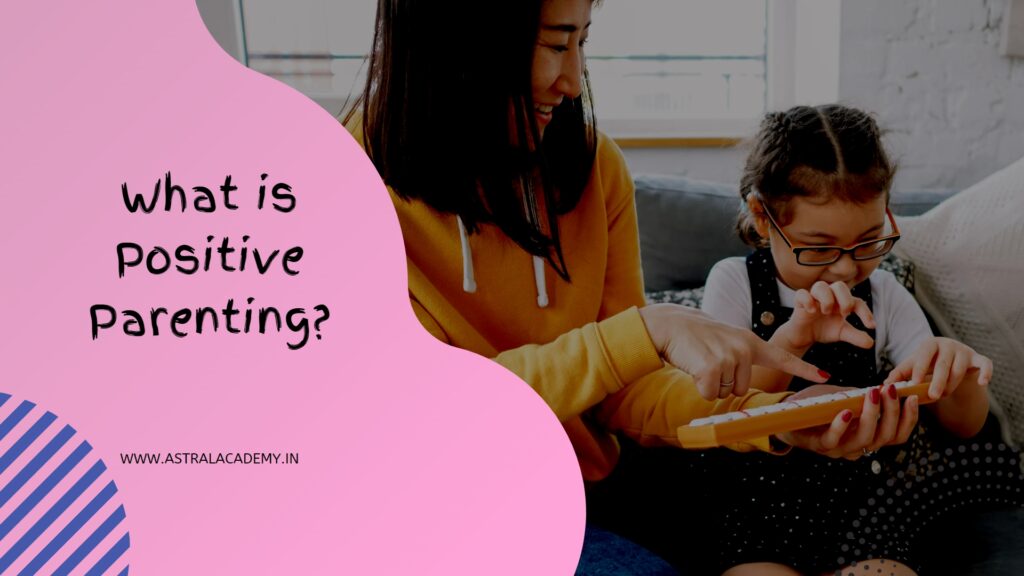In today’s globalized world, a lot of families are situated at the crossroads of many cultures. Parents are increasingly required to navigate the complex web of diversity, whether through mixed heritage, foreign adoption, or just living in diverse communities. This offers enormous chances for development, education, and celebration in addition to challenges.
Let’s discuss how parents may raise diverse, empathic, and culturally aware children ready for the global community by embracing and honoring diversity in their families.
The Value of Parenting in Many Cultural Contexts Developing a sense of respect for different cultures in youngsters goes beyond simple tolerance; it involves actively embracing differences and acknowledging the worth of other viewpoints.
Children raised in multicultural settings typically go on to develop:
- Improved social and empathetic skills
- Enhanced cognitive flexibility and problem-solving skills
- A more sophisticated comprehension of the world
- Enhanced flexibility in a variety of environments
- A more robust sense of self and identity
These abilities are extremely beneficial in today’s more interconnected world, when navigating cultural differences is becoming crucial in both personal and professional contexts.
Ways to Honour Diversity in Your Home
Accept Your Cultural History
Start by respecting the cultural background(s) of your own family. Tell your kids stories and teach them about customs and traditions. This fosters a sense of pride in one’s heritage while also helping them stay connected to their roots. Make sure that any or both of your family’s cultural roots are celebrated and given equal weight if you live in a mixed-race household.
Let Kids See an assortment of Media
Look for works of fiction—books, films, music, and television—that have a diversified cast of characters. Seek for material that does not rely on preconceptions, but rather accurately reflects different cultures. Children’s perspectives are widened and diversity is normalised as a result of this experience.
Celebrate Global Holidays and Traditions
Incorporate celebrations from around the world into your family calendar. This could include observing Diwali, participating in Chinese New Year festivities, or learning about Ramadan. Use these occasions as opportunities to discuss different beliefs, customs, and historical contexts.
Explore Through Food
Cooking and eating together is a wonderful way to experience culture. Try new recipes from different parts of the world, visit ethnic grocery stores, or dine at restaurants featuring various cuisines. Discuss the ingredients, cooking methods, and cultural significance of the dishes you explore.
Learn Languages Together
Even if you’re monolingual, introducing basic phrases from other languages can be fun and educational. Use apps, videos, or community classes to expose your family to new languages. This not only broadens communication skills but also opens doors to understanding different ways of expressing ideas.
Foster Global Friendships
Encourage your children to form friendships with peers from diverse backgrounds. Participate in cultural exchange programs, join multicultural playgroups, or connect with international pen pals. These relationships provide authentic experiences of cultural exchange.
Travel and Explore (Even Locally)
While international travel offers immersive cultural experiences, you don’t need to go far to encounter diversity. Explore different neighbourhoods in your city, attend cultural festivals, or visit museums featuring exhibits from around the world. Approach these experiences with curiosity and openness.
Talk About Current Affairs from a Global perspective
Talk to kids about global events when it’s acceptable for their age. Assist them in comprehending various ideas on international matters and promote critical thinking regarding how culture influences opinions.
Honour the diversity in Your Family
There is always something to celebrate about diversity, even in families who appear to be very similar culturally. Acknowledge each person’s unique preferences, skills, and peculiarities. Children learn from this that diversity is something to be cherished and that it exists on many levels.
Deal with Discrimination and Bias
Be ready to engage in open conversations regarding bias, stereotypes, and discrimination. Assist kids in acquiring the skills necessary to identify and confront prejudice in both themselves and others. Set an example of respect and encourage children to advocate for inclusion and equality.
Challenges and Considerations
While celebrating diversity is overwhelmingly positive, it’s important to acknowledge that multicultural parenting can come with challenges:
- Balancing multiple cultural identities
- Navigating conflicting values or traditions
- Addressing societal prejudices or misunderstandings
- Maintaining connections to heritage cultures, especially if geographically distant
These challenges, however, often become stepping stones to growth, communication, and deeper understanding within families.
In multicultural families, parents often serve as bridges between different cultural worlds. This role requires:
- Self-reflection and awareness of one’s own cultural biases
- Open communication about cultural differences and similarities
- Flexibility and willingness to compromise
- Continuous learning and adaptation
By embracing this role, parents not only enrich their children’s lives but often find themselves on a journey of personal growth and discovery.
Parenting in a multicultural world is about more than just exposing children to different cultures – it’s about fostering a mindset of openness, respect, and celebration of diversity. By creating homes where multiple cultures are honoured and explored, parents lay the foundation for raising truly global citizens.
These children will be equipped not just to navigate our diverse world, but to actively contribute to building a more inclusive, empathetic, and interconnected global community. In celebrating diversity at home, we’re not just enriching our families; we’re investing in a more harmonious future for all.


